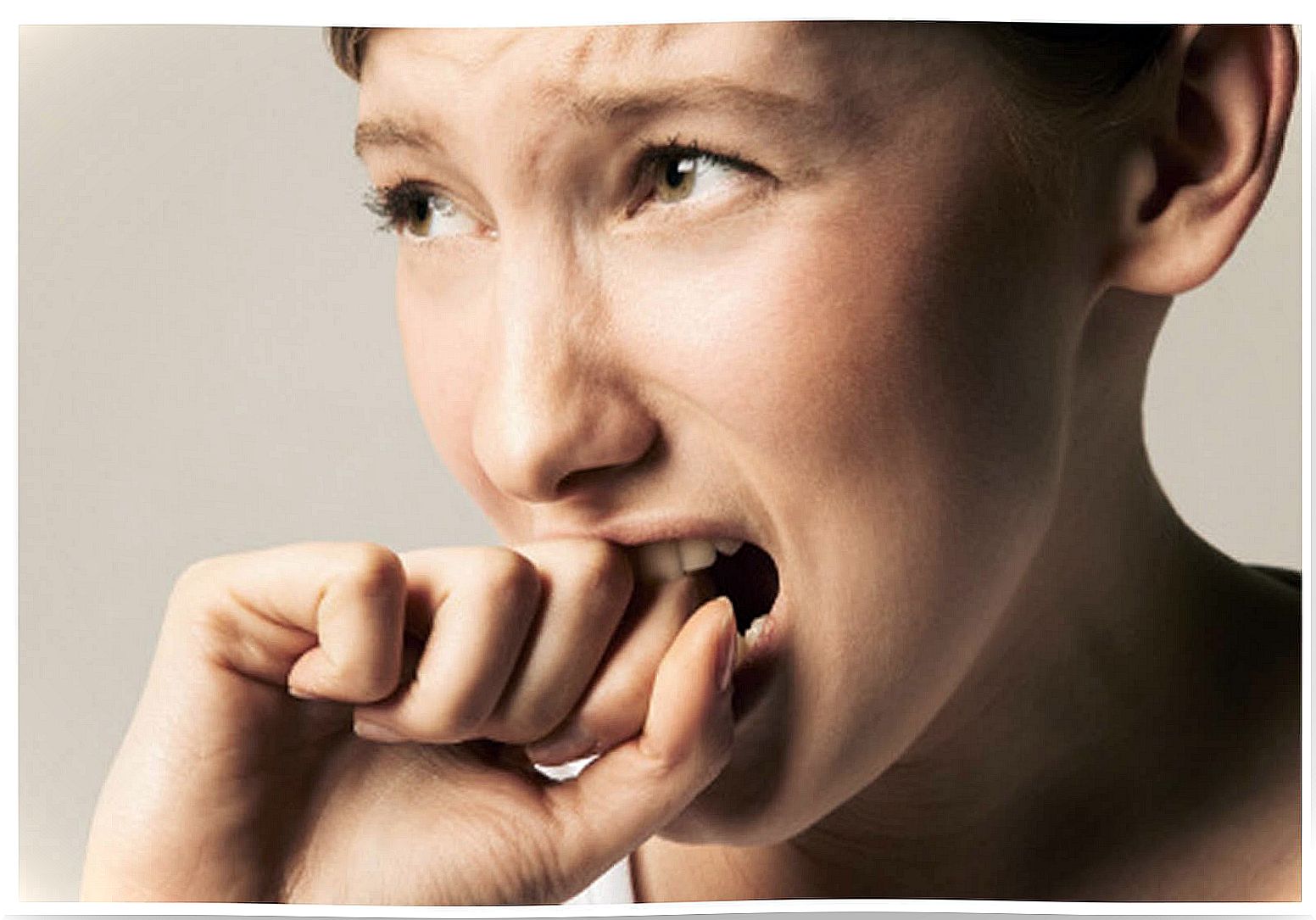Do You Know The 14 Most Important Symptoms Of A Panic Attack?

A panic attack turns everyday situations that we can normally enjoy into serious challenges. Being aware of the impact they are having on our lives is one of the first steps in relieving your symptoms.
Before we go any further, remember that in order to overcome situations where we suffer from anxiety, we shouldn’t focus on its symptoms . Instead, focus on more useful and practical aspects, such as doing something active, getting exercise, relaxing.


8. Our digestive system is one of the organ systems that uses the most blood. The blood is drawn into this area to absorb the nutrients from the food we eat. During an anxiety state, it is redirected into the muscles in order to adequately respond to the fight-flight state. As a consequence, digestion slows down and there is a lack of blood. This can lead to digestive problems, such as a bad stomach, sour stomach, diarrhea, or constipation.
9. Very common symptoms of anxiety or stress are rashes, blemishes, or dry skin. There may be a rash around the nose, on the cheeks, or on the forehead. This goes back as soon as we feel better.
10. When we go into our fight or flight mode, it is a very intense reaction that has a profound effect on our body feeling. The tingling sensation can be caused by carbon dioxide building up in the blood. These symptoms are not harmful as you will return to normal, which is why it helps to do light relaxation exercises.
11. During a panic attack, fluids are diverted to other parts of the body where they are needed. Because of this, the mouth is more likely to become dry. To avoid this feeling, try drinking water to stay hydrated and to moisten your mouth. This symptom is not dangerous and will go away again when the fear is overcome.
12. One of the most important and serious effects of anxiety is insomnia, the inability to fall asleep or stay asleep. It is important to find the regular patterns and timing of sleep for our personal well-being and thus to help eliminate anxiety from our everyday lives.
13. In dreams we usually process what happens in our daily life. When we feel relaxed and satisfied, we usually have positive and happy dreams. Nightmares are uncomfortable but harmless, but they can disrupt our sleep rhythm. To avoid them, do relaxation exercises during the day and before bed.
14. We humans are particularly irritable when we feel tired or sick. One of the most important causes of anger is grief. Anger is also a normal response to anxiety and fear.
These are some of the most common symptoms of a panic attack , but they can also show up in other forms. Other possible symptoms are:
-Fear of losing control
– Increased risk of depression and suicidal thoughts
– visual disturbances
-Hearing disorders
-Hormonal problems
-Headache
-Schy eyes
-Fear of space








